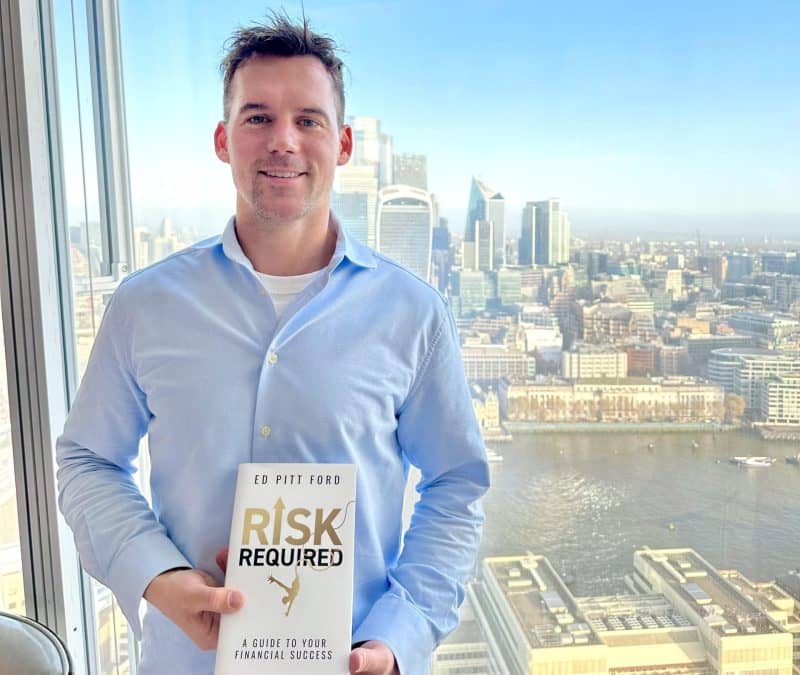Football
London rehabilitation schemes give prisoners a fresh start
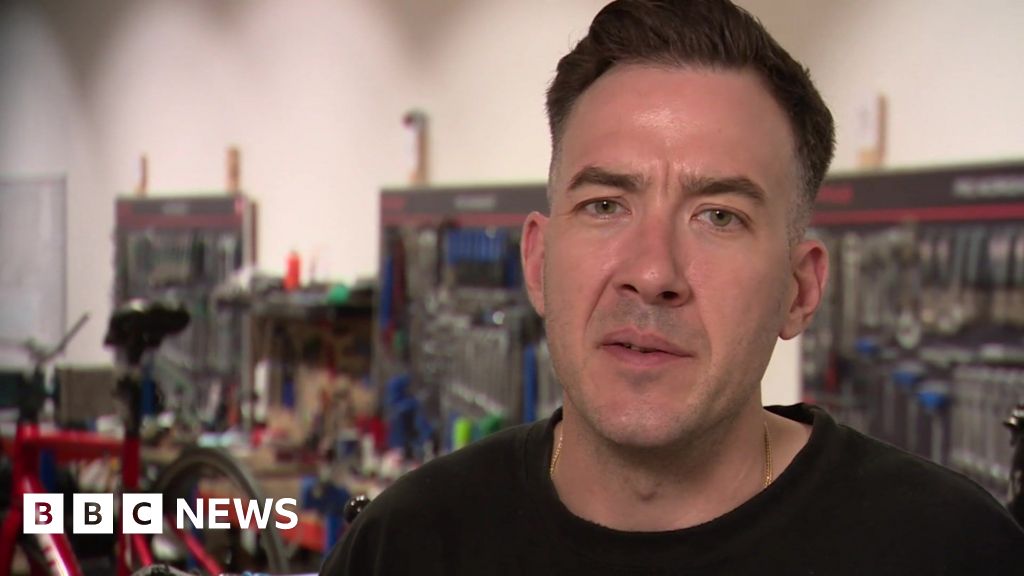
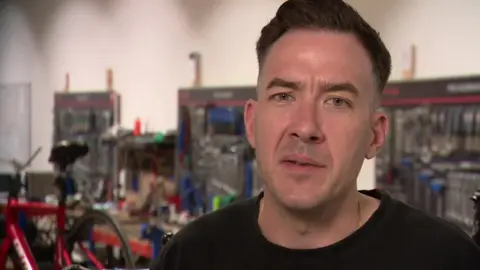 BBC
BBCLondon prisons including HMPs Wandsworth and Pentonville are expected to release inmates early as a new government scheme begins on Tuesday to help alleviate pressure on places.
The prison population in England and Wales has reached a record high, with just 1.2% of prison places free in these two nations.
But what kinds of rehabilitation and work opportunities are available for former prisoners in the capital, and what needs to change to help reduce reoffending?
I visited a workshop in Pentonville Prison – and a supermarket – to find out.
Darrell was in and out of prison on drug and robbery offences and following his first sentence, he fell back into his old bad habits and ended up back inside.
“I was just very lonely actually… had basically no friends, my relationships had broken down with my family as well.
“So I was just very, very depressed and didn’t really have much hope for my life, and so I just reverted back to my behaviour – stealing and doing drugs.”
While in prison, he tried to get on courses to help him into employment for when he was released.
“It just wasn’t possible because there was a queue of like 30 people already waiting to get on to it… it’s quite demoralising.”
However, after doing some research he found Stephan Jones from XO Bikes, who trains a handful of bike mechanics in a small workshop in Pentonville Prison.
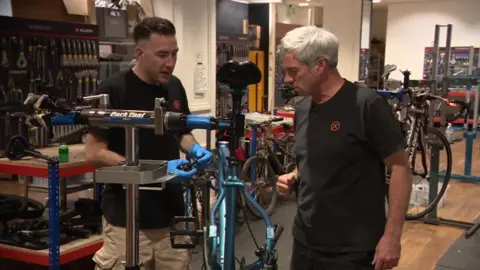
Founder Mr Jones said: “It’s a really nurturing environment, it’s encouraging, it gives them hope.
“They get treated, probably a bit differently to when there’s hundreds of them screaming for the officers’ attention on the wings.”
But Mr Jones believes as a result of the new early release scheme, many ex-prisoners will end up back inside unless there’s a proper support package, including housing.
“If you release a guy early, who’s trying to get housing sorted for two months’ time and suddenly you go, ‘Oh, there’s your bag son, you’re off,’ you’re going to end up on a park bench or on the wrong person’s sofa, and you’ll probably be back in on Tuesday because you’ve got nowhere to live,” he said.
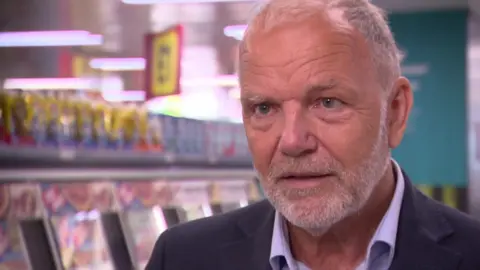
Meanwhile Paul Cowley runs a much larger scheme for Iceland Foods.
As the company’s director of rehabilitation, he interviews inmates and to make sure they pass specific checks before being offered employment.
Mr Cowley explained many prisoners say they are so keen to start a job they will offer to work “60, 70, 80 hours a week” but “the reality of it is they can’t because when they get out of prison they’ve got loads of things to do – probation, they’re on licence, they’ve got their partner, they’ve got children”.
Instead, Iceland starts them on a 16-hour-a-week minimum contract to help them re-adjust to life on the outside while also earning a living.
Former prisoner Max is one of those on the scheme and said the team offered him the position of Iceland delivery driver.

“I didn’t mind the sound of it and it’s a local to me; it’s only 10 minutes’ away.
“It did feel good. It made the future look better. For a lot of people will see it being a big lifeline.”
Mr Cowley explained many more companies could also offer ex-offenders a chance for a new start but firms “are not stepping forward because they’re scared. I think there’s a lot of preconceived ideas”.
“Now we’ve got a system from A to Z of how to do this stuff.
“A company could take that – and were quite happy to give it to them – and copy it,” he suggested.
A government spokesperson said: “The new government inherited a criminal justice system in crisis and prisons that are creating better criminals, not better citizens.
“We have taken immediate action to address the overcrowding crisis in our prisons, and will bring on 1,000 more probation officers as part of an effort to reduce reoffending after offenders are released.”











